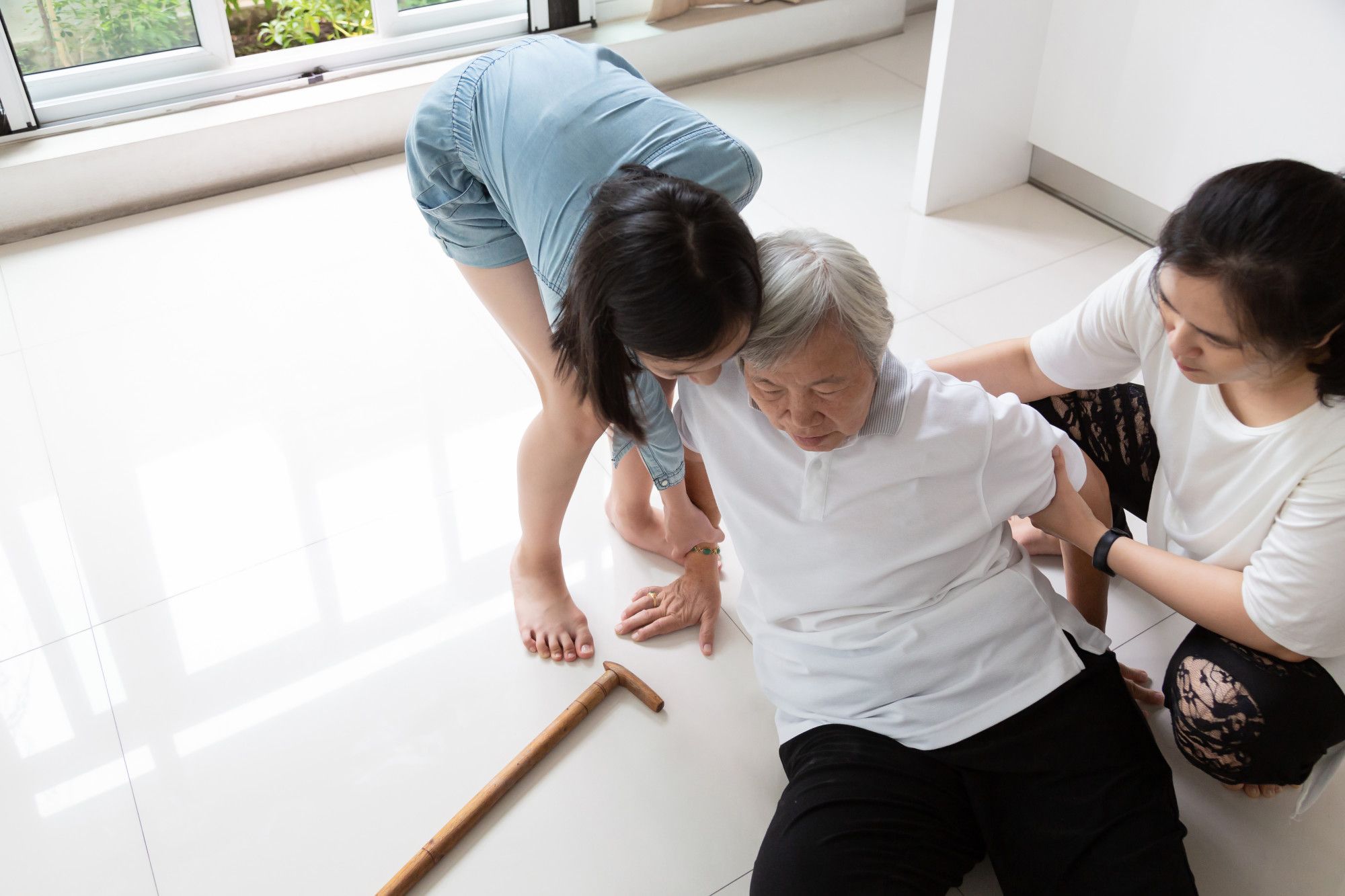
Come Prepared: 10 Ways to Increase Your Odds of Winning Slip and Fall Cases
The aftermath of an accident hits in waves. Initially, you’re busy dealing with the pain and confusion that it happened. Often, it’s the later effects that cost you when the true extent of an injury appears.
Slip and fall cases are among the hardest to prove conclusively in a court. Like any personal injury case, the issue of liability is key. Who is responsible for causing the accident that resulted in your injury?
To make this single point clear requires cunning and strategy. The defense often tries to transfer some or all of the blame to the injured party. Fortunately, New Mexico is a state with comparative negligence laws.
To get the best result from your slip and fall, you need to bring a lot of solid information to the fight.
Pivot Points of Slip and Fall Cases
In addition to the issue of liability, two other factors decide a slip and fall lawsuit.
You need to establish if the liable party was negligent or simply at fault. The other factor is your own culpability. Did you help create the conditions that caused the accident?
This last part is where it’s good to be in a state with those comparative negligence statutes.
You can help them prepare by providing the following 10 crucial bits of information.
1. Catalog The Location
A slip and fall accident happens in a place at a time. The location is crucial in determining liability and negligence.
The more you can establish about the conditions of the location at the time of the accident, the better. Photos and other recordings of the area show what the conditions were like at the time.
Going over the weather, signage, and clutter offer the clearest picture to the court. If it is a place you visit often, notes on changes from other visits also help.
2. Catalog Injuries
You go to court because of injuries sustained during an accident. To effectively fight in court, your attorney needs to know your injuries.
The scope of injuries effects the settlement reached but also helps paint a picture of the incident. Some types of injuries are more common with a slip and fall than others. A dedicated attorney will press doctors for a recovery timeline and any debilitating effects of an injury.
3. List Your Actions
To combat questions raised by the defense about your role in an accident, you need to be clear about what you were doing at the time.
Be thorough with your typical behaviors at the location if it is a frequently visited place. The more detailed you are, the more prepared to fight objections your attorney will be.
Being distracted or taking risky actions could leave you being held liable if brought up out of nowhere.
4. Understand Comparative Negligence
Even if you were doing something that distracted you when the incident occurred, you can still win.
Arizona splits negligence in personal injury cases. This means that a court can find you are partially responsible for the event but still award you based on the parts that you weren’t responsible for.
In such an instance, the court assigns a percentage value to your negligence and subjects that form damages and awards.
5. Establish Your Category of Entrant
There is a push-pull relationship established between you and the owner of a property whenever you go anywhere.
The law holds a premise owner to different levels of duty of care based on why you were there. Under the law, you are owed a better quality of attention based on how much business you have being at a location.
If you were invited, the premise owner owes you the highest duty of care.
If you are trespassing, you are at the lowest category of entrant.
6. Establish Code Violations
One way of establishing negligence is to show that the conditions at a location were below code. The building codes for something as simple as a pedestrian walkway can be confusing and intricate.
It isn’t your duty to know if a structure is up to code if it is open. However, knowing code violations gives you a clear tool for proving negligence.
7. Mention Visibility
When visibility is impaired, accidents happen. In addition to establishing the conditions of a location, pay extra attention to lighting. A premise has a responsibility to keep areas properly lit. When lights fail and leave an area of poor visibility, accidents are bound to occur.
If you have a difficult time seeing because of glare or too much light, those also can be addressed as contributing factors.
8. Establish a Timeline
Timelines make or break cases frequently. If you claim the accident occurred at a particular minute and hour, the defense will look for information to disprove it.
They’ll also look for phone and text records to indicate you were distracted. Getting the time right makes it harder for these pitfalls to open up.
Remember, if questioned about the specifics, it’s okay to be off. Human memory and human flaws are still known quantities.
9. Record Conditions
A premise owner can’t be psychic. A problem that occurred from sudden conditions is hardly the fault of the owner. This is one of the reasons that negligence is established separately from liability.
Tracking conditions of a place over time gives a fuller accounting of how a danger condition occurred.
A record of repairs that take weeks to make, water or ice left unaddressed, and other such helps build a strong case.
10. Layout All Expenses
Finally, you want to give an accurate and full list of all the costs associated with your injury. This includes medical bills, lost wages, and demonstrations of restricted ability.
Your case may be airtight and you would still be remiss not to seek the best settlement you can. Bring up anything you think is relevant and leave it up to your attorney to establish the important parts from the frivolous.
Get Help
After an injury, keeping a clear head and a list of facts for slip and fall cases doesn’t come easily. You’d rather concentrate on recovery and bills than reliving the event for details.
This is why it’s important to reach out to a dedicated attorney to do the heavy lifting for you.
